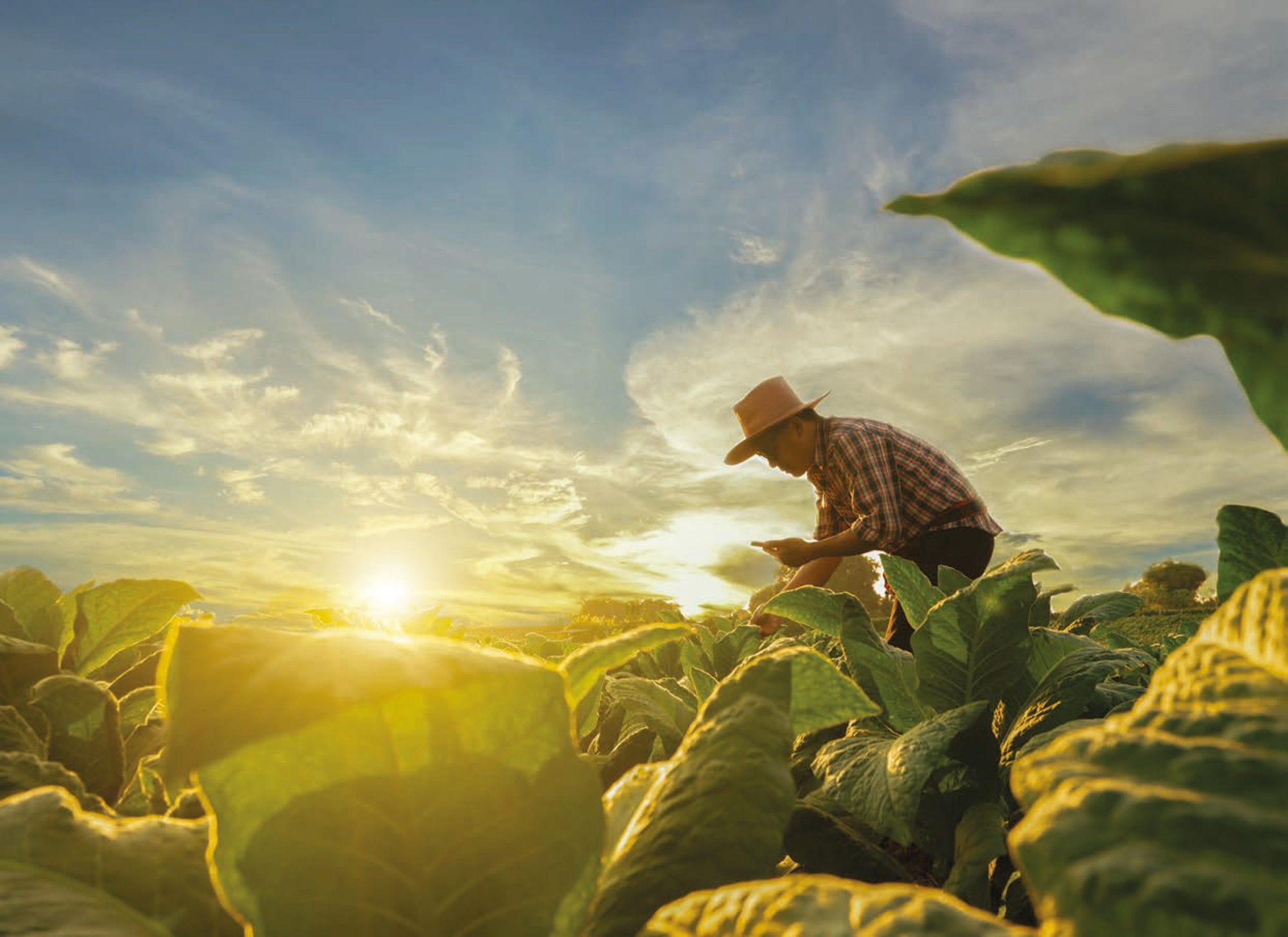In March 2022, a new administration took office. Its agenda is to accelerate the transformation of food systems, moving towards fairer, healthier, and more sustainable production. Key new priorities are: 1) rural development and well-being; 2) strengthening of small-scale family farming; 3) water and climate emergency; 4) sustainability; 5) food security and sovereignty; and 6) international co-operation and trade.
The Ministry of Agriculture implemented the “Sow for Chile” (Siembra por Chile) programme that provides direct payment for the purchase of agricultural variable inputs such as biochemicals, agrochemicals, seeds, and fertilisers, to small-scale and indigenous farmers through the agency responsible for small-scale agriculture (INDAP). The initiative also provides loans for medium-sized farmers through a public bank (Banco Estado). The Sow for Chile initiative provides direct payment for the purchase of inputs for farming traditional agricultural products such as grains and potatoes. The payments amount to CLP 219 thousand (USD 251) per hectare for a maximum of 5 hectares per farmer per year. Another element of Sow for Chile is the physical provision of fertiliser and grants for the purchase of fertilisers (mineral or organic). Crops eligible for this subsidy are fruits, legumes, vegetables, and potatoes.
In 2023, INDAP established the programme “Promotion and Strengthening of the Sustainable Production of Traditional Crops” that aims to increase sustainable grain and vegetable production. The programme provides payments to adopt sustainable agricultural practices through the acquisition of improved or certified seeds and also provides credit for the acquisition of these inputs at preferential rates. The programme has two pillars:
competitiveness to address costs, productivity, and commercialisation
sustainability to address soil protection and other practices that reduce greenhouse gas emissions and encourage carbon sequestration.
The National Commission on Food Security and Sovereignty (CNSSA) was established in 2022 to create the National Food Emergency Plan and develop and implement a set of measures for food security and sovereignty in the country. The plan will be implemented in 2023 and has ten main measures:
Create a fund for the provision of loans to smallholders.
Mitigate the lack of access to fertilisers through direct delivery of fertilisers.
Create a security plan for strategic food zones to ensure food supply across the country.
A new Irrigation Law that provides access to water to small-scale farmers and ensures environmental sustainability.
Enhance inspections (food safety) in operations of the main port terminals.
Promote the planting of traditional crops through credit.
Create 70 micro-foodbanks nationwide to deliver fruits and vegetables to vulnerable populations.
Implement a more efficient agricultural emergency responses for those production systems affected by climatic hazards, through the physical provision of inputs, such as material for on-farm irrigation systems, fertilisers, seeds, etc.
Expand preferential credit with state loan guarantee by Banco Estado.
Develop a price information system for seasonal food, to inform consumers of the cost of inexpensive and healthy food choices.
To address ongoing severe drought, the Inter-ministerial Committee for Just Water Transition was created at the beginning of 2023 with 16 basin councils, one in each region of the country, marking the beginning of a reform of water governance at the basin level, guided by principles of water security, inclusion, and decentralisation. The CNR represents the Ministry of Agriculture at this committee. The CNR is reforming its main legal instrument for water efficiency in the country, Act No. 18.450 for the promotion of private investment in irrigation works, directing public investment in small and medium agriculture, women, and indigenous peoples, while granting greater environmental sustainability through the application of this policy.
Moreover, the CNR will allocate more resources to diagnostic studies to improve basic information for better irrigation management and water security initiatives, project future irrigation works, and programmes to strengthen the technical and organisational capacities of users and other relevant stakeholders for water management in the basins. Finally, the institution is formulating a plan of small and medium-sized infrastructure projects to significantly increase public and private investment in irrigation works, including green infrastructure and nature-based solutions, to address the expected growing water scarcity. The plan will take into consideration regional particularities and the needs of those sectors most vulnerable to climate change. It will be framed within the principles of sustainable rural development.
The animal and plant health agency Agricultural and Livestock Service (SAG) the continues to work on strengthening sanitary and phytosanitary system of the country to support the sustainable and competitive development of the forestry and livestock sector. This work is carried out by promoting the use of new technologies and an ongoing review of technical and administrative regulations and procedures, following the recommendations of the international reference bodies. In 2022, the Digital Affidavit (DA) was put in place in 22 entry points, reaching 29% coverage at border controls nationwide. At the same time, the new organisational structure “Laboratory Network” was established. Priorities were defined for the period, with emphasis on budget management, aimed at improving efficiency, focusing on improving infrastructure, optimising expenses associated with processes on diagnostics or analyses.
The Foundation for Agrarian Innovation (FIA) promotes innovation through the promotion, articulation, development of capacities and technological diffusion of initiatives. During 2022, new strategic guidelines were defined that will be incorporated in the different project funding initiatives: (1) sustainable management of water resources, (2) adaptation and mitigation to climate change, and (3) sustainable food systems. These guidelines contribute to the sustainable development and competitiveness of Chile and its regions, with special emphasis on sustainable agro-food co-operatives (AgroCoopInnova Programme), youth (Innovative Rural Youth Programme), and women through the creation of the first Network of Innovative Rural Women in 2023.
